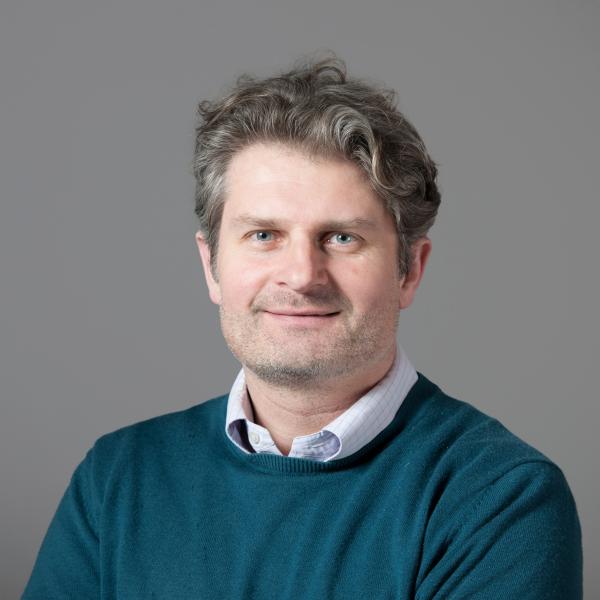Professor Adie Collins
External partner
Co-Investigator, Rothamsted Research


- Profile
-
Adie's research interests broadly encompass the sustainability of agriculture. They specifically include a number of themes:
- characterising pollutant emissions to water and air;
- the development and application of pollutant source tracing procedures;
- understanding cross-sector water pollution at different scales and the development of screening tools for contextualising the role of agriculture in water quality problems;
- the impacts of agricultural pollution on aquatic ecology;
- measuring and modelling the efficacy of on-farm interventions for managing agricultural sustainability, and;
- scenario-based evaluation of technically feasible mitigation impacts for policy support.
His expertise includes hydro-chemical monitoring at multiple scales, integrating empirical and modelling approaches for scaling up, and pollutant source fingerprinting. Adie was a national PI of the Defra Demonstration Test Catchment (DTC) programme between 2009-2019. He was also assistant director (2014-2017) of the Defra funded landscape scale Sustainable Intensification Platform (SIP). His recent track record of UKRI projects include DIVERSe, an UKRI-BBSRC project for testing the impact of different vegetation treatments in riparian buffers on hydrology and water quality (2016-2020); an UKRI-NERC project developing real-time pesticide risk assessment tools (2016-2018); the joint UKRI-BBSRC and NERC AGLAND ( New science to enable the design of agricultural landscapes that deliver multiple functions) programme (2019-2023), and; the BBSRC-funded Institute Strategic Programme Grant (ISPG) at Rothamsted Research, Soil to Nutrition (2017-2023), in which Adie leads work on optimising sustainable intensification of agriculture at multiple scales. He is currently Science Director at Rothamsted Research covering the institute-wide remit for net zero and resilient farming.
